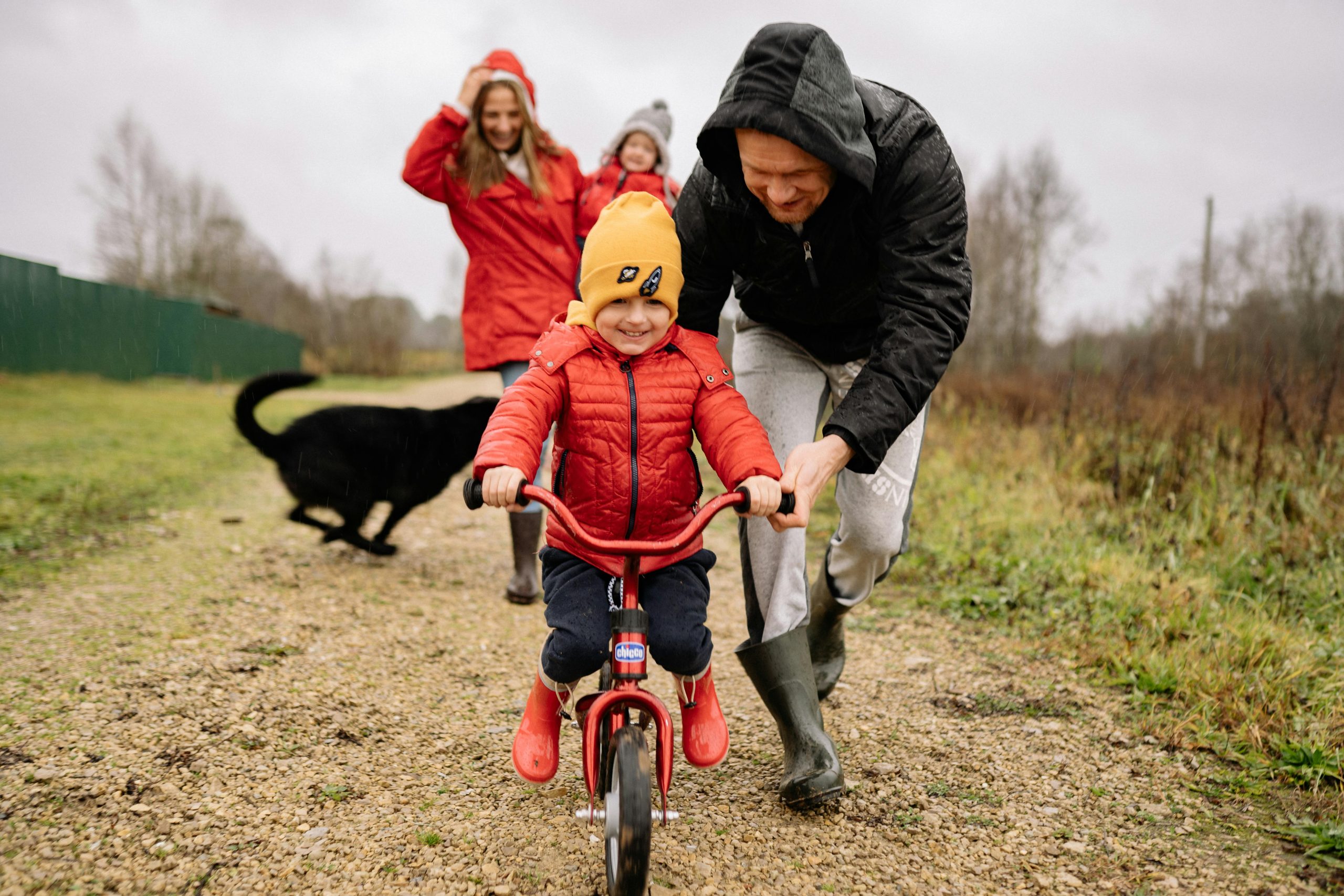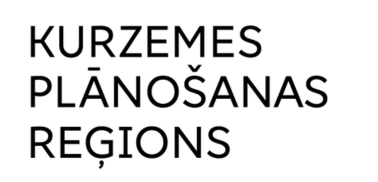
Physical activity is one of the most important factors influencing our good health and well-being, yet recent surveys reveal that in both Lithuania and Latvia, regular movement is still not a common habit for everyone. According to the Eurobarometer 525 study, as many as 53% of Lithuanians and 33% of Latvians report never engaging in sports. Another 15% of Lithuanians and 28% of Latvians say they engage in sports only occasionally.
Another worrying trend has emerged – some people not only avoid sports, but completely refrain from any form of physical activity. Activities such as dancing, gardening, or cycling for a specific purpose are entirely absent from the daily lives of 19% of Lithuanians and 12% of Latvians. These figures point to a deepening issue of physical inactivity – a significant portion of the population is missing out on the level of activity that is vital not only for the body, but also for emotional well-being. But the good news is that movement is accessible to everyone, regardless of age, physical fitness, or financial capabilities.
Physical activity has a multifaceted impact on a person’s health and quality of life. Even simple daily walks or physically demanding household or gardening tasks strengthen the cardiovascular system, reduce the risk of chronic diseases, help maintain muscle strength, improve joint flexibility, and support a healthy body weight.
But the benefits go beyond physical health. Activity has a direct effect on emotional well-being – it helps reduce stress and anxiety, alleviates symptoms of depression, improves sleep, and lifts mood.
Research shows that people who engage in regular physical activity feel healthier, more energetic, and more satisfied with their lives.
Physical activity also strengthens the sense of community. Shared physical activities – whether it’s walking, participating in a sports event, or joining a group class – foster social connection and help reduce social exclusion. This is especially important for older adults, for whom movement can provide not only health benefits but also opportunities for communication and social engagement. Group activities increase motivation, help maintain routine, and even contribute to emotional well-being.
It is also worth highlighting the impact of physical activity on work and learning performance, as well as cognitive functions. Studies show that people who move regularly demonstrate better concentration, memory, and faster decision-making. Even short active breaks – such as a five-minute workout or a brief walk – during the work or study day can help reduce mental fatigue and increase productivity. This is especially important in today’s fast-paced lifestyle, where many people spend long hours sitting.
Survey data reveals that 13% of Lithuanians and 11% of Latvians do not engage in sports because they consider it too expensive. Additionally, 10% of Lithuanians and 8% of Latvians say their living environment lacks suitable or easily accessible infrastructure for physical activity. However, being physically active does not require major investments or special equipment. Movement can begin with simple, everyday choices – walks in the park or forest trails, light jogging, cycling, home yoga routines, or a short morning workout.
Many cities have free outdoor fitness areas, and during the warmer months, natural bodies of water are available for swimming. The most important thing is to find a physical activity that brings joy and can easily become part of your daily routine.
To encourage people to move more, an international Latvia–Lithuania project titled Healthy Lifestyle “A Billion Steps Challenge (BISTEPS)” is being launched. It brings together Latvia’s Kurzeme and Latgale regions and Lithuania’s Šiauliai, Ignalina, and Biržai municipalities.
As part of the initiative, a step challenge will take place – the regions will compete to see which municipality’s residents can take the most steps. Participants will be able to join teams, use step counters on their phones or smartwatches, and the results will be visible on a public platform.
The project will also develop virtual wellness routes, which will include information on recommended distances, rest stops, heart rate monitoring, hydration tips, additional physical activities to do while walking, and other aspects of a healthy lifestyle.
The routes are planned to be adapted for people of various ages and physical abilities – from families with young children to seniors and individuals with limited mobility.
During the implementation of the project, physical activity camps will be organized for children and seniors in Lithuania and Latvia, promoting healthy living, international cooperation, cultural exchange, and the sharing of best practices among participants from different countries.
We invite you to follow project updates on Facebook: facebook.com/BillionStepsChallenge
More information about the project: latlit.eu/theprojects/bisteps/
The project is part of the Interreg VI-A Latvia–Lithuania Programme, which is funded by the European Union for the period 2021-2027.


